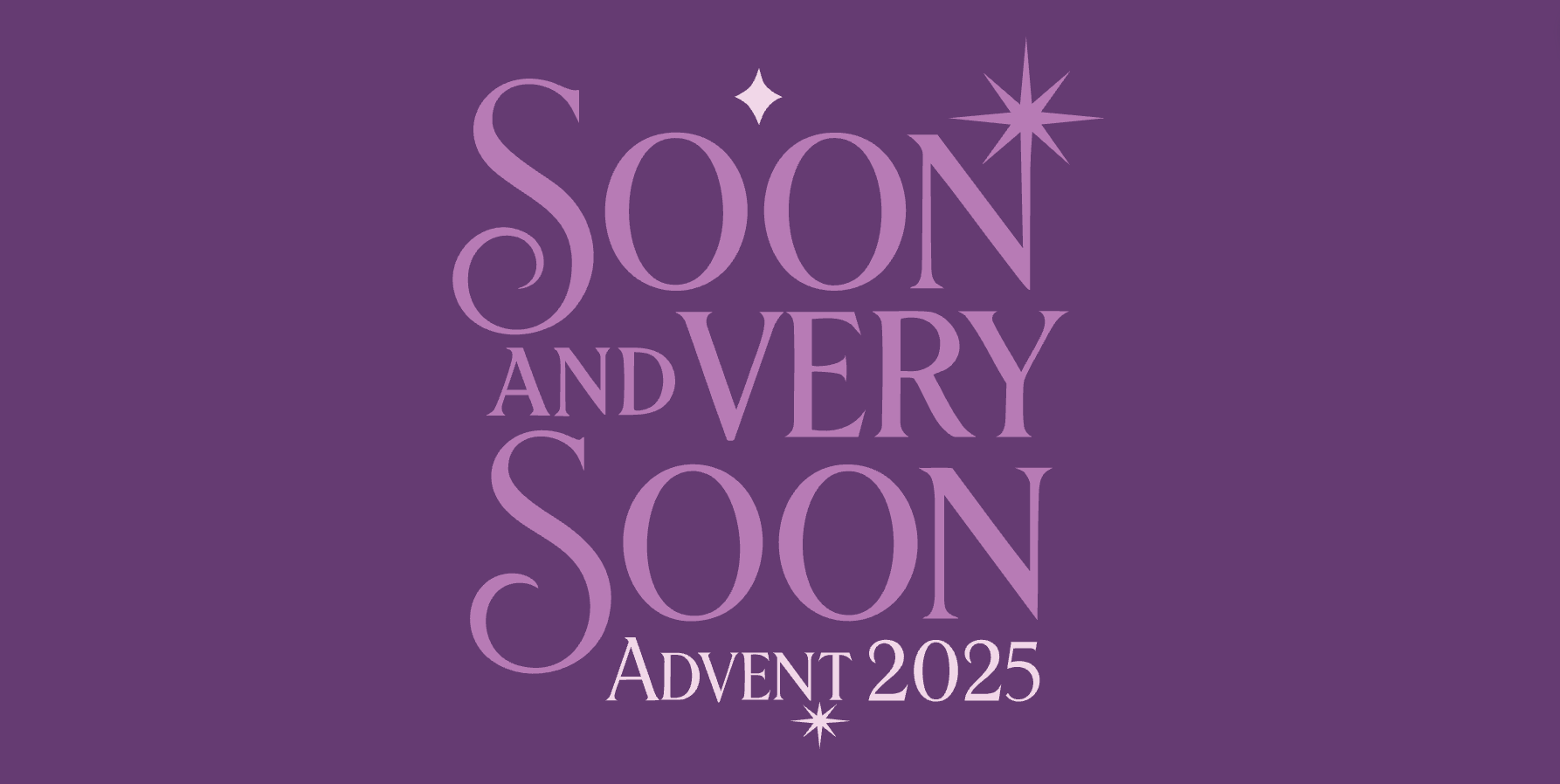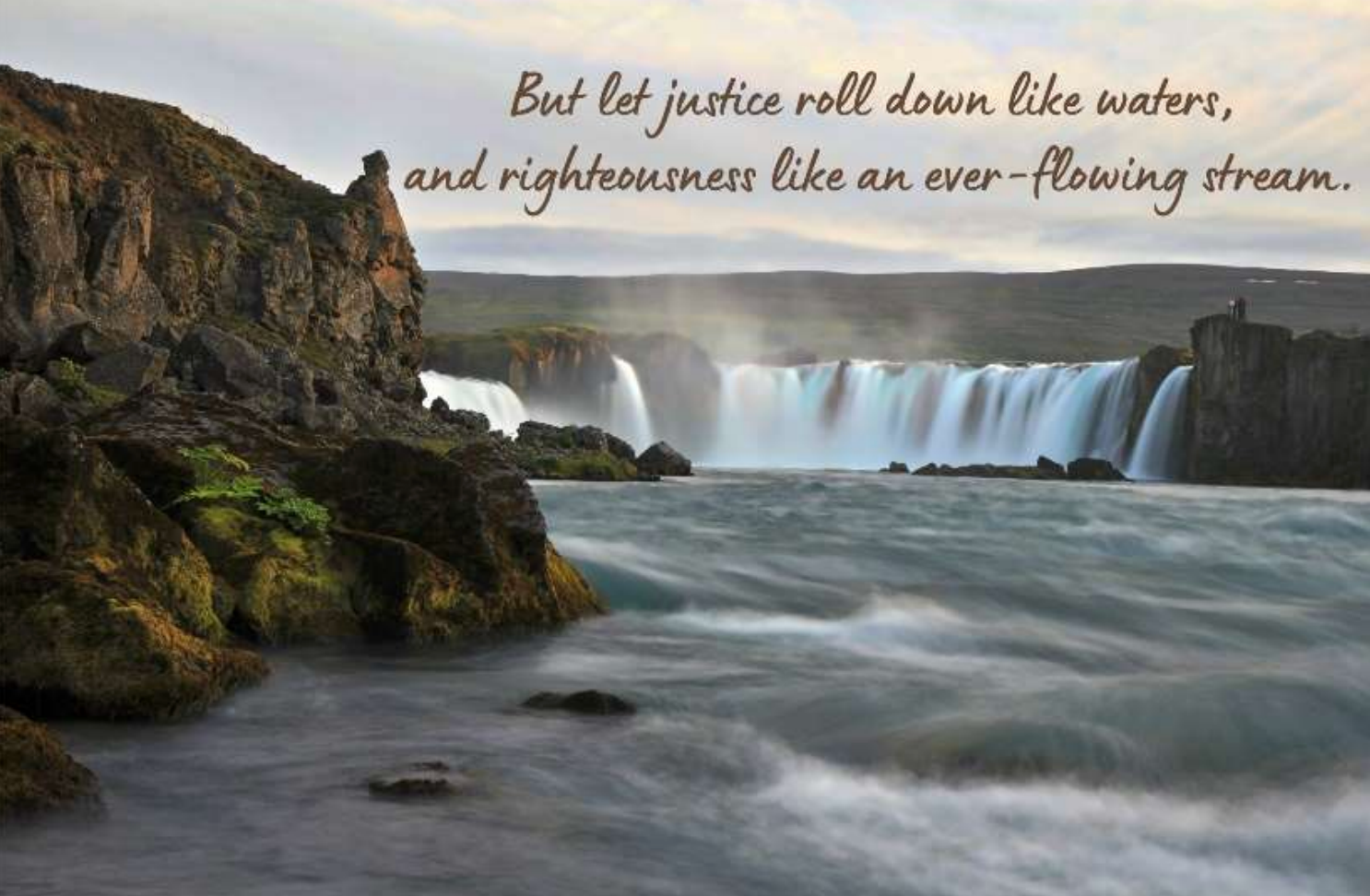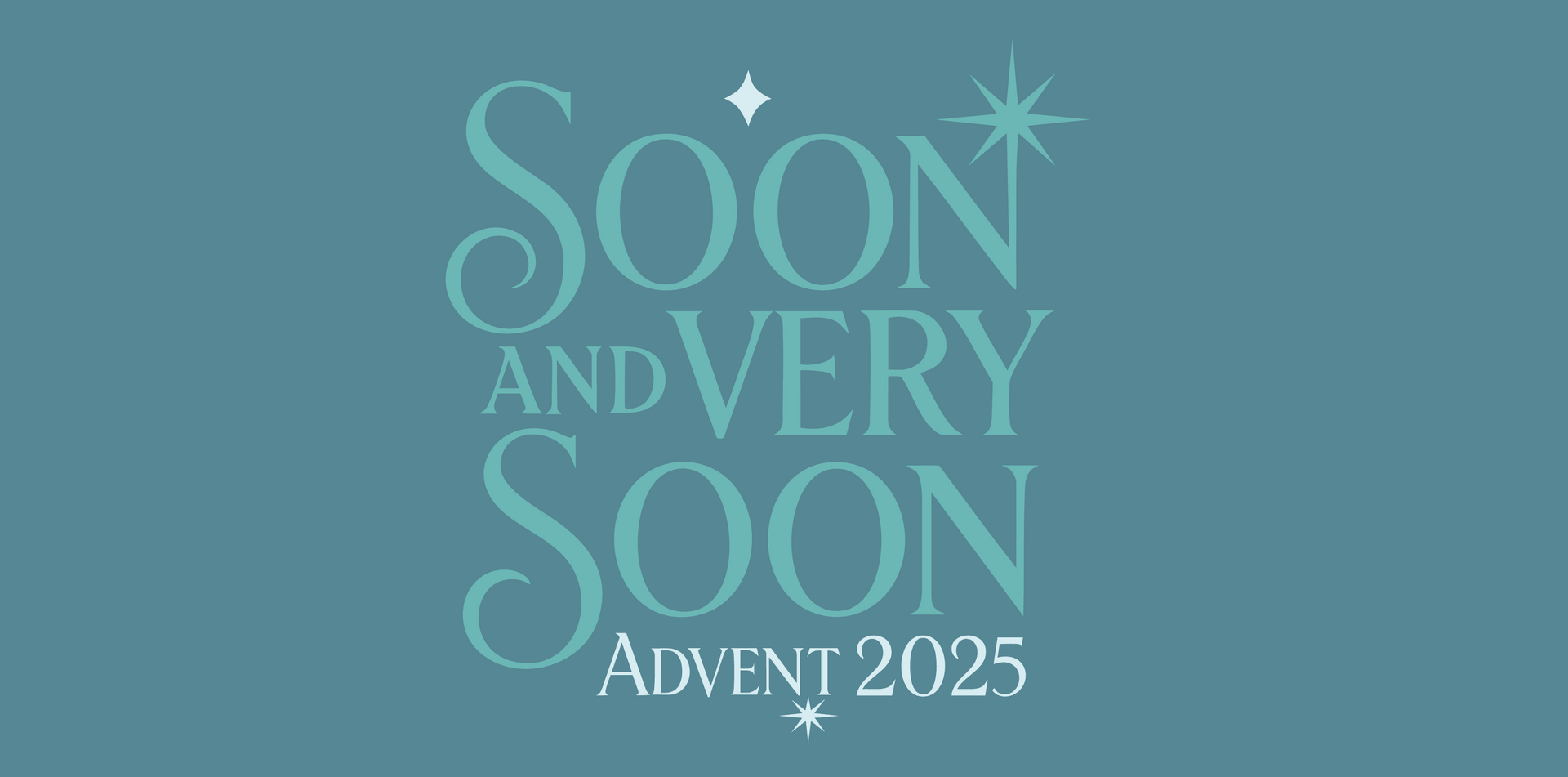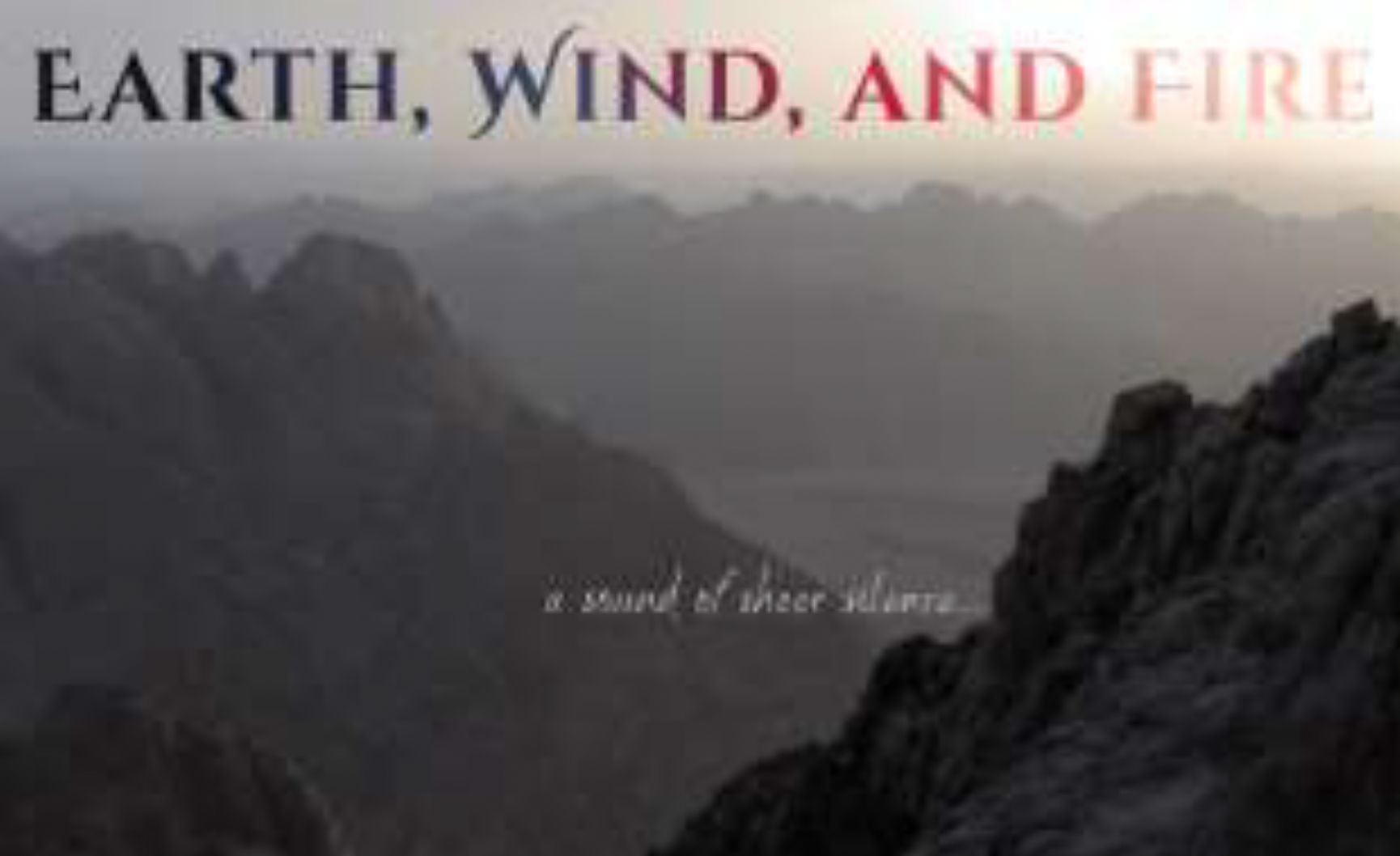Sermon 10.06.2024: Anything Worthy of Praise
When the Israelites are waiting in the wilderness for Moses to come back down from Mt Sinai, they get restless and anxious. They take matters into their own hands and fashion their own golden god by melting down their earrings and their grandmother's candlesticks.
Why are we like that? What makes us forget who we are the minute we get anxious and worried? How can we build up our resilience to protect ourselves from idols?
Scripture
Exodus 32:1-14
The Golden Calf
When the people saw that Moses delayed to come down from the mountain, the people gathered around Aaron and said to him, ‘Come, make gods for us, who shall go before us; as for this Moses, the man who brought us up out of the land of Egypt, we do not know what has become of him.’ Aaron said to them, ‘Take off the gold rings that are on the ears of your wives, your sons, and your daughters, and bring them to me.’ So all the people took off the gold rings from their ears, and brought them to Aaron. He took the gold from them, formed it in a mould, and cast an image of a calf; and they said, ‘These are your gods, O Israel, who brought you up out of the land of Egypt!’ When Aaron saw this, he built an altar before it; and Aaron made proclamation and said, ‘Tomorrow shall be a festival to the Lord.’ They rose early the next day, and offered burnt-offerings and brought sacrifices of well-being; and the people sat down to eat and drink, and rose up to revel.
The Lord said to Moses, ‘Go down at once! Your people, whom you brought up out of the land of Egypt, have acted perversely; they have been quick to turn aside from the way that I commanded them; they have cast for themselves an image of a calf, and have worshipped it and sacrificed to it, and said, “These are your gods, O Israel, who brought you up out of the land of Egypt!” ’ The Lord said to Moses, ‘I have seen this people, how stiff-necked they are. Now let me alone, so that my wrath may burn hot against them and I may consume them; and of you I will make a great nation.’
But Moses implored the Lord his God, and said, ‘O Lord, why does your wrath burn hot against your people, whom you brought out of the land of Egypt with great power and with a mighty hand? Why should the Egyptians say, “It was with evil intent that he brought them out to kill them in the mountains, and to consume them from the face of the earth”? Turn from your fierce wrath; change your mind and do not bring disaster on your people. Remember Abraham, Isaac, and Israel, your servants, how you swore to them by your own self, saying to them, “I will multiply your descendants like the stars of heaven, and all this land that I have promised I will give to your descendants, and they shall inherit it for ever.” ’ And the Lord changed his mind about the disaster that he planned to bring on his people.
Sermon
I don't know what it was like in your household growing up, or what it is like today, but pronouns can be important things. I was happy to claim my children most of the time when they were young, but there were moments, particularly when they’d start exhibiting behavior that resembled their father—like when they’d practice soccer in the house—my pronouns would switch.
Listen to the difference between “my children raked the yard without even being asked” and “your children drank milk out of the carton.”
Do you hear the difference?
Did you notice it in the biblical text?
The people say to Aaron, “As for this Moses guy, the man who brought us out of Egypt…” They don’t call him our buddy, pal, friend, leader—he’s just “that guy that brought us out of Egypt.” You’d think Aaron would say, “Yeah, I know Moses. Remember, he’s my BROTHER?” But he doesn’t. This use of pronouns to distance them from Moses is interesting.
And when Aaron fashions the calf out of their earrings, they say, “THESE are your gods, O Israel. This calf is the god who delivered you from slavery.” They are like politicians who seem to believe that just because they say something, it will be true.
But then God and Moses get into the pronoun game too. God sees what the people are doing and says, “Moses, you better get down there. YOUR people, the ones YOU brought out of Egypt, are really making me mad.”
But Moses implored to the Lord, HIS God—no false idols for Moses—and said, “Don’t be angry with YOUR people—remember the ones YOU brought out of Egypt. They were just like this when you chose them, God, so don’t be all surprised by their behavior now!”
Neither God nor Moses wants to claim Israel at this particular moment in history. Or, perhaps in the give and take of the conversation, both partners are calling the other to support the Israelites.
And then Moses, in an argument so well-crafted that I wonder if it made God regret God’s choice of a leader for the people, Moses brings up the Patriarchs. Remember, he says to God, remember YOUR servants—Abraham, Isaac and Israel—remember how YOU swore to them by YOUR own SELF…
And here’s the amazing thing to me. In the midst of this pronoun battle over who has to claim the Israelites, Moses calls on God to change God’s own mind.
And it works. Moses is not afraid to argue with God. Moses is not afraid to remind God of the promises. And God turns back toward God’s own people, even when they are not worth claiming.
I understand why God would want to smite the Israelites right there where they stood with that idol. With that empty piece of Gold. “You want to worship your old earrings!!!?” God must have been pulling his proverbial hair out while watching that scene unfold.
Who would build their own gods? That’s just crazy. Nobody we know would do that, would they?
I suggest that any time we start giving credit to the wrong thing or the wrong person, we’ve made an idol. Like the Israelites claiming that the calf had brought them out of Egypt, how many times have we done something similar?
How many times, for example, have we made an idol out of being an American? While I love my country and am thankful to live here, it is to none of my own credit that I am an American. I didn’t choose to be born here, and I suspect that is true for most of you too. Yet, we often act as if we are somehow better than the people who had the nerve to be born somewhere else. How often do we hear the phrase ‘God bless America’ used to imply that God shouldn’t be blessing everyone else too?
How many times have we made idols out of ourselves? Acting as if we deserve all of the credit for our own delivery out of slavery. Anytime we deny that we need each other, when we deny that we need help, we’re fashioning an idol to our own independence.
There is a “christian” religious movement in some circles right now that is claiming that taking control of all sectors in society and claiming them for Jesus is what God is calling them to do. Many of the people on January 6 who stormed the capitol had just been at a rally for this group. There are members of congress and the US Supreme Court who support this movement. They believe that power is essential to their faith, which is at odds with every single thing Jesus ever said. We could start with that. They are making an idol out of power. If they think political power is what saves them, what liberates them, then they certainly don’t believe God is doing the saving.
So, what makes us do it? What makes us build empty meaningless idols?
Perhaps we do it when we feel we’re alone. That’s what the Israelites were thinking out there in the wilderness. Moses had been up on top of that mountain a long time. Look back through Exodus this week and see how many directions God gives to Moses—it must have taken days. But the people didn’t know that was what was going on. Did Moses abandon them? Did he die? Is he ever coming back for them or are they going to spend the rest of their lives sitting by the side of this mountain? And this wilderness, below the mountain is barren. You do feel alone in a landscape that vast. You can see that on the bulletin cover of the area around Mt Sinai.
But as much as they felt alone, they weren’t alone. They had each other. And Moses was right where he said he’d be. And God was watching over them.
When have you felt alone and built idols to your independence or self-reliance?
Perhaps we build idols when we are afraid. Fear was likely connected to the Israelites concerns about being alone. Perhaps they were also fearing the future. What was life going to look like, following God into the unknown future? Perhaps they were building an idol to their past, an idol to the good ol’ days, which, of course, were not all that good. Pharaoh was downright awful, in fact, and enslaved them. But he was at least predictable. This God is not predictable.
At our worst, maybe we fashion new gods so we can go on being godless animals. [2]
Perhaps we don’t want to relate to, or answer to, anyone but ourselves.
Perhaps we build idols just to keep busy. Perhaps they thought that the act of melting down their earrings and making something they could focus on, sacrifice to, would keep them busy and distracted. Perhaps we build idols to our industriousness. To our productivity. To our economy.
But perhaps we are sometimes called to wait. Just to sit there in the wilderness on the side of a mountain and wait for God. Sometimes we aren’t called upon to solve our own problems. Sometimes, heaven forbid, we aren’t supposed to be multitasking. Sometimes we are called to sit and wait.
I think the story of the golden calf is a low point for all of the characters, except maybe Moses. When it was all over, I suspect that the people were ashamed. I suspect that God was likely thankful that Moses had talked him out of the planned destruction. That Aaron wished he had another chance to try again as leader.
I was thinking about how I would have wanted to handle this situation, had I been in Aaron’s shoes. I suspect it would have been easier than I want to imagine to go ahead with the idol project. But I thought about the apostle Paul. He wrote to churches he had started or visited, to encourage them in his absence. And they were full of people just like the Israelites. They were worried about what Rome was going to do next, or they were squabbling about how to serve communion, or which preacher was the best.
Listen to what he said to the Philippians to encourage them:
1 Therefore, my brothers and sisters, whom I love and long for, my joy and crown, stand firm in the Lord in this way, my beloved.
2 I urge Euodia and I urge Syntyche to be of the same mind in the Lord. 3 Yes, and I ask you also, my loyal companion, help these women, for they have struggled beside me in the work of the gospel, together with Clement and the rest of my co-workers, whose names are in the book of life.
4 Rejoice in the Lord always; again I will say, Rejoice. 5 Let your gentleness be known to everyone. The Lord is near. 6 Do not worry about anything, but in everything by prayer and supplication with thanksgiving let your requests be made known to God. 7 And the peace of God, which surpasses all understanding, will guard your hearts and your minds in Christ Jesus.
8 Finally, beloved, whatever is true, whatever is honorable, whatever is just, whatever is pure, whatever is pleasing, whatever is commendable, if there is any excellence and if there is anything worthy of praise, think about these things. 9 Keep on doing the things that you have learned and received and heard and seen in me, and the God of peace will be with you.
Wouldn’t that have been a better message for Aaron to have given the people?
Where the characters in the Exodus text use pronouns to separate, Paul uses pronouns to bring people together. Yes, and I ask you also, my loyal companion, help these women, for they have struggled beside me in the work of the gospel, together with Clement and the rest of my co-workers, whose names are in the book of life…
Don’t you want to sign up for his team? Do you hear how he brings people together? I want to sign up to work with Paul. I’d much rather end up in the book of life than worshiping my old earrings. I wish Aaron had thought to respond to the Israelites as Paul responded to the Philippians.
Rejoice in the LORD always, again I will say, REJOICE. Let your gentleness be known to everyone.
What would it have been like for the Israelites to be reminded: THE LORD IS NEAR. And DO NOT WORRY about ANYTHING but in EVERYTHING by prayer and supplication with thanksgiving let your requests be made known to God. And the peace of God, which surpasses all understanding, will guard your hearts and your minds in Christ Jesus.
Maybe the outcome wouldn’t have been any different had Paul been addressing them instead of Aaron. Maybe they had made up their minds to create their own God before they even went to speak with Aaron. But I wonder.
If Paul came to me in my wilderness and said, “Finally, beloved, whatever is true, whatever is honorable, whatever is just, whatever is pure, whatever is pleasing, whatever is commendable, if there is any excellence and IF THERE IS ANYTHING WORTHY OF PRAISE, think about these things.”—if Paul said that to me when I was anxious, fearful, alone, I just hope that something would click.
Anything. Do I have anything worthy of praise?
Well, I am still in the wilderness and I’m not sure where Moses is and if he’s coming back, but I guess I am not alone. I have my friends and family, I’m with my community and we’ve escaped slavery. And this place does sort of look like a moonscape, but the view is great and I can see for miles. And the stars are so bright in the night sky. And my children came and snuggled with me tonight, even though they think they are too old for such things. And I guess that wandering free in the wilderness is better than being Pharoah’s slave. And I have my health. I guess I have some things in my life that are worthy of praise.
If there is anything worthy of praise, Paul tells us, think about these things. Keep on doing the things that you have learned and received and heard and seen in me, and the God of peace will be with you.
The stakes for this are not inconsequential. We see people around us afraid the only thing worthy of praise are the golden calves of Christian nationalism, or politicians who traffic in isolation, fear, and the dehumanizing of others.
We can’t fall victim to that trap of division and quick hatred because our fear demands it. We can’t give up on our hopes, our relationships with each other or with God because the wilderness feels less certain than the slavery of our past Egypts. Fear only sells if we buy it. We must stop buying it.
I’ve been following a lot of news out of Western North Carolina this week. I have a lot of friends who live there and their Facebook posts have all been a life-giving mix of both the loss and destruction from the storm and even more stories of people helping their neighbors out. Volunteers have come from all over the country with chainsaws and mules, to clear roads and get supplies to people trapped in their homes. The churches my friends serve have opened up as shelters, or to serve meals, or to be distribution hubs for water, clothing, or other supplies.
Just days before Hurricane Helene wrought devastation, the congregation of Black Mountain Presbyterian Church was introduced to their church’s new mission statement. A small, dedicated team of members had been discerning for some time about the new mission statement, and had ultimately landed on not a statement, exactly, but a “mission question” instead. A question bridging the sacramental and the tangible, one etched into their Communion Table: Has everyone been fed?
Just a few days later, they became the place in the community where people were literally fed. There are holy stories all around us.
People have been posting online that they haven’t heard anything from their loved ones, and asked for people to go check on them. And the community has stepped up, helping get people off trapped hillsides and to safety.
If there is anything worthy of praise, think about these things.
It doesn’t erase the destruction and loss. But it centers our souls on something other than fear and nihilism.
There were other stories on some new channels of violence at gas stations as people were impatient with long lines, or stories of looting. And sure, some people are terrible, and some good people become desperate and do terrible things. But those should not be the headline stories out of Helene recovery.
Because we can write better stories than that, we can live better stories than that. We can stop buying fear. If people in the midst of destruction can pause to feed people, to help their neighbor pull a tree off their roof, to donate to relief efforts, to carry people to safety—then surely we can orient our lives that way too.
It can be easy to buy into the narrative that we are living in a dystopian hellscape. We’re anxious about the election, worried about climate change, feeling like the systems around us are so broken that repair is beyond our reach. I see why people would want to build idols to politicians or ideologies that promise simple solutions, or that tell us to fear our neighbors.
So how do we orient our lives to anything worthy of praise in the midst of the world we’re in?
First, we stop orienting our lives to anything worthy of fear.
Next, we keep working. Prayer is an action verb and a companion to our service, our advocacy, our kindness. We attend to what we can do to lessen our impact on the planet. We continue our work to be anti-racist in our hearts, minds, souls, and policies. We educate ourselves and others about the importance of voting, participating in the political process in non-violent ways, remembering that a vote is a prayer for the kind of world we want for ourselves and the next generation.
And we look around, in the midst of the chaos, for anything worthy of praise, and think on those things.
For health or family or safe homes. For the beauty of autumn in San Francisco. For the community of faith that we have here. For our new members about to join. For basketball season starting again. Whatever it is in your life for which you can turn to God and say “thanks”—think about these things.
The prayer squares are on the aisles. Please pass one down the row to your neighbors. Your assignment right now is to write down one thing in your life that is worthy of praise and put it in the offering plate. When you leave the sanctuary today, please take someone else’s praise offering and let’s spend our week in prayer in gratitude for those things.
Amen.
2
adapted from a line in Father John Misty’s song “Pure Comedy”.











